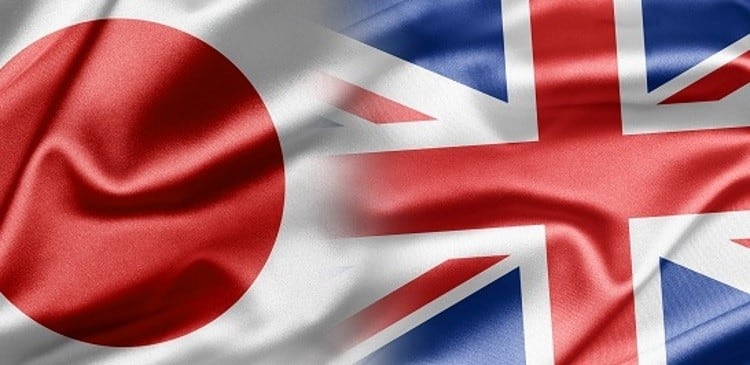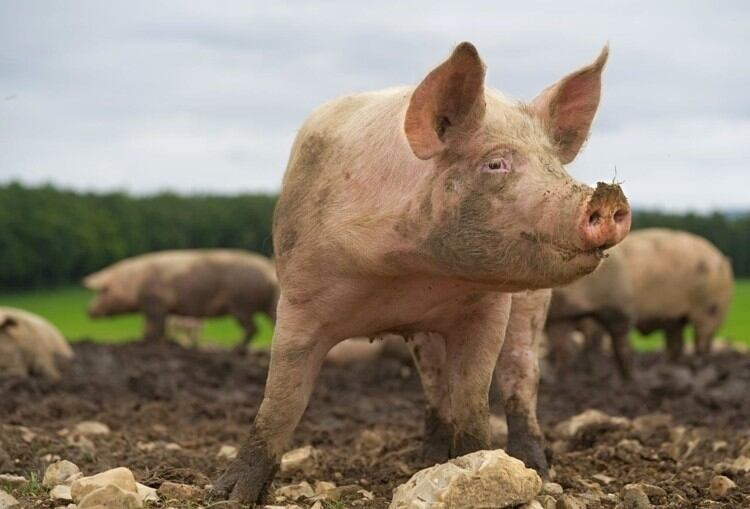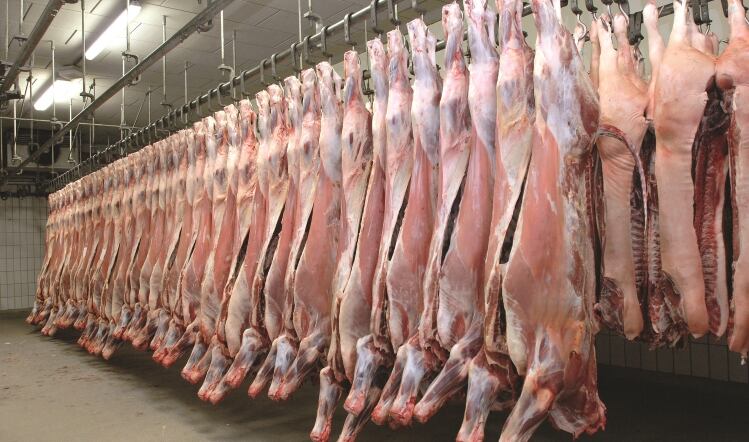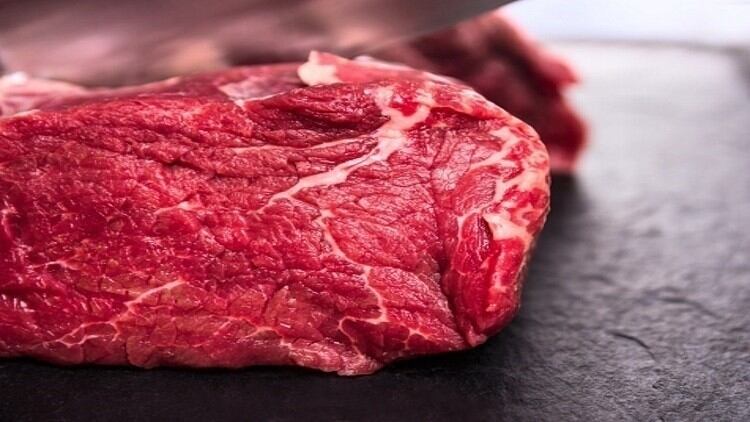Japan is the world’s largest net importer of food and drink, so offers significant growth potential for industry exports. The country reopened access to British beef and lamb after a ban following the BSE crisis in 1996.
Announcing the move on 13 May, international trade secretary Liz Truss underlined the importance of the move to the UK economy: “Japan is one of our largest trading partners and a new trade deal will help to increase trade, boost investment and create more jobs following the economic challenges caused by coronavirus.
“Both sides are committed to an ambitious timeline to secure a deal that goes even further than the existing agreement especially in digital and data.”
The Food and Drink Federation's chief executive Ian Wright welcomed the development, but said “the timing presents unique challenges for the capacity of Government and industry given the wide-ranging impacts of COVID-19”.
Favourable transition after Brexit
An agreement would be essential to allow a favourable transition from the EU-Japan Economic Partnership Agreement (EPA), which would no longer apply after the UK’s Brexit transition period at the end of 2020, said Wright.
“Delivering improved regulatory cooperation and avoiding tariffs that may apply after our access to the EPA ends on 1 January 2021 is vital to ensure continued growth in trade in both directions and to ensure UK exports can compete effectively.
“We also do not yet know what tariffs the UK will apply at the end of this year to our essential imports. Clarity on this will be needed to quickly advance these negotiations. As the talks proceed, regular, open and transparent consultation with our industry will be crucial to ensure the best possible outcome for the UK’s largest manufacturing industry.”
The agreement would be based on the existing EU-Japan free trade agreement and would aim to secure additional benefits for UK businesses trading with Japan, including provisions on digital trade that maximise trading opportunities across all sectors of the economy, building trust and stability for UK businesses, entrepreneurs and exporters, said Truss.
£1.5bn boost
“These additional provisions, as well as strong copyright provisions, would benefit innovative sectors such as e-commerce and the creative industries. They would also make it easier for the 8,000 small and medium-sized businesses exporting goods to Japan. Government analysis published today shows that the UK economy could benefit from a £1.5bn boost, as a UK-Japan trade deal could increase trade flows between both countries by £15.2bn.
“UK exporters would benefit from zero or lower tariffs, creating potential savings worth around £33m a year, while UK workers’ wages are expected to increase by £800m in the long run as a result of the deal. The agreement would benefit the whole of the UK, with Scotland, the East Midlands and London expected to benefit the most.”
The first round of talks will start shortly using video conferencing, with negotiations continuing to take place remotely until it is safe to travel.
UK-Japan trade talks are the first logical step towards joining the Comprehensive and Progressive Agreement for Trans-Pacific Partnership, helping diversify UK trade and provide opportunities in the world’s fastest-growing economies.
The Government will set out its negotiating objectives for Australia and New Zealand shortly, with the aim of having 80% of UK external trade with countries covered by free trade agreements by 2022.




